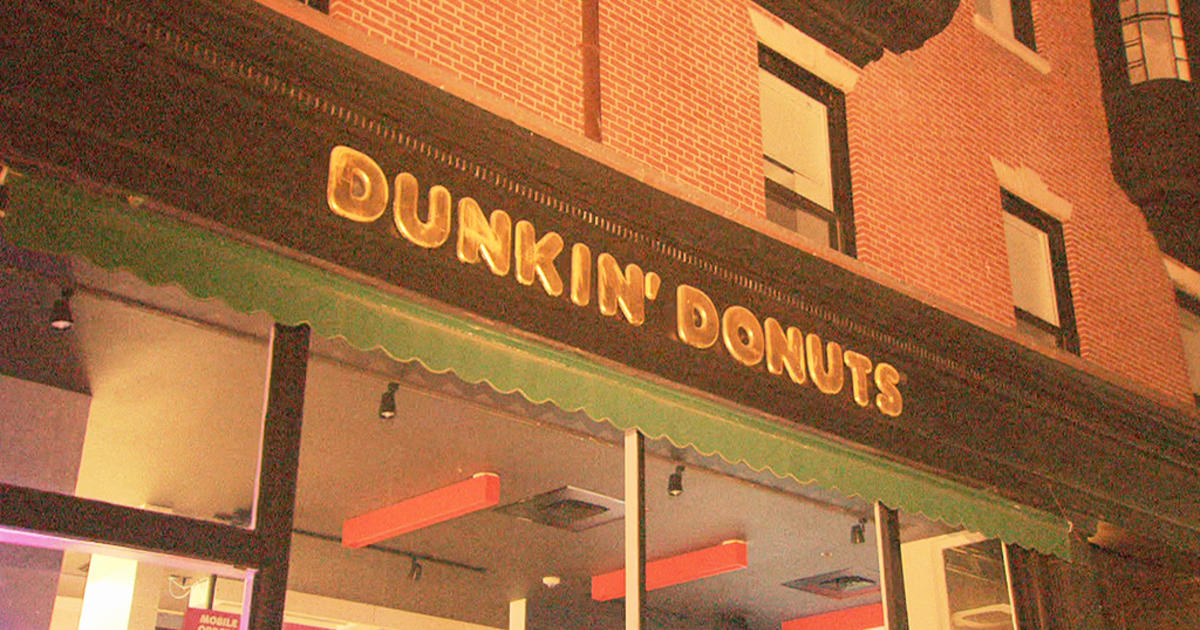- Joined
- Oct 15, 2020
- Messages
- 37,056
- Reaction score
- 18,261
- Location
- Greater Boston Area
- Gender
- Male
- Political Leaning
- Conservative
How is refusing to pay more for labor than the labor is worth to you an example of rampant greed?Correct, running a business and making a living serves the community. But being greedy for profit to the point of screwing people over is NOT a benefit and has become rampant within the business world.

